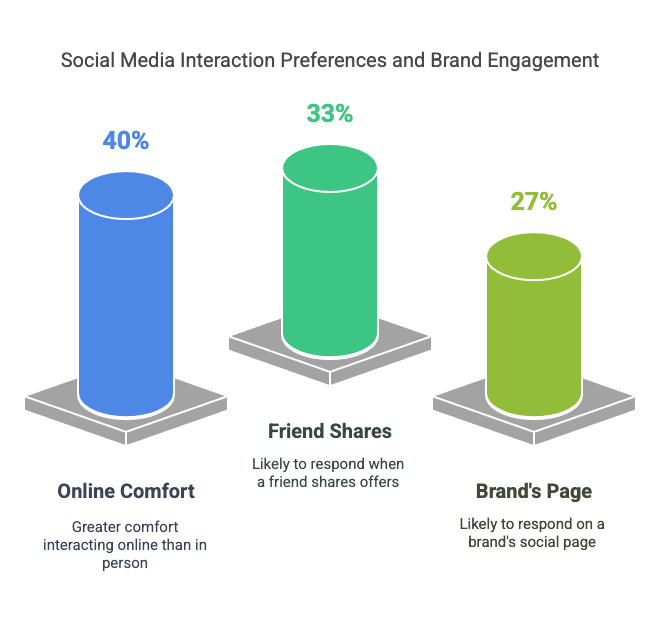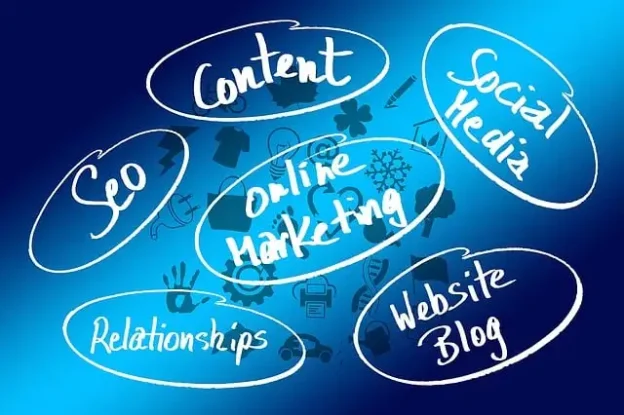In the weeks following Facebook’s IPO, the Zuckerberg-led social network faced intense scrutiny. Many people expressed doubts about the financial viability of Facebook’s revenue model. This was especially true regarding its advertising service. For example, GM pulled their Facebook marketing campaign.
Additionally, the music industry e-commerce startup Limited Run made an impact. They claimed that 80% of the clicks for their ads were (details omitted). Whether that complaint is accurate is still a matter of debate. Furthermore, a study from the Advertising Research Council made a claim. It stated that “blank” ads with no content were performing only 0.1% less well than regular ads.
While this news is not good for Facebook’s future revenue, and businesses should think hard before spending their advertising budgets on Facebook’s paid ad platform, the real value of Facebook and social media generally was never through paid ads anyway.
The true virtue of social media is not that it increases short-term conversion rates, but that it allows brands to build engagement and foster a community that can have a significant impact on revenue over the medium and long term.
In this area, the future of Facebook is much more robust, and the indications are that social media proper, rather than paid ads on social media, are an excellent target for marketers.

In a recent study
To understand social media usage, Performics surveyed 2000 Americans. As anticipated, the study demonstrated a shift in social behavior patterns.
Indeed, many participants indicated a strong preference for social media interaction over real-time communication like phone calls. Moreover, a notable 40% expressed greater comfort interacting with people online compared to in person.
When it comes to brands, the study reveals some figures which help explain why paid ads are doing poorly compared to direct social interaction. We’re all aware of the not very impressive CTR and conversion rates for paid ads.
Compared to this, a third of survey respondents said they were most likely to respond to brand offers when a friend shares them, and 27% will do so on a brand’s page.
Diana Middleton, the CEO of Performics, notes that millennials in particular, but also 30-something families and baby boomers, are firmly embracing the
Participant Age, which means that they expect communications to be ongoing and reciprocal. They are conditioned to respond better to social media interaction than traditional advertising.
Have your experiences with paid advertising on social media been positive or negative. How do they compare to customer engagement through your Facebook brand pages. Let us know in the comments below or on Twitter.




